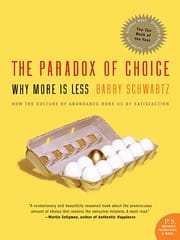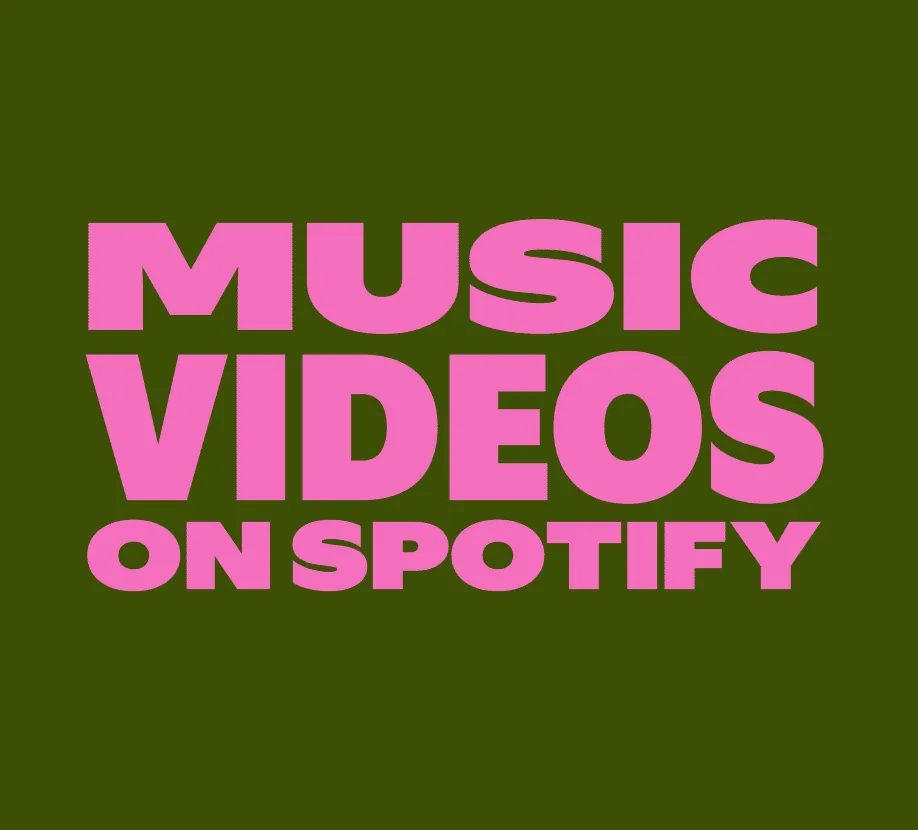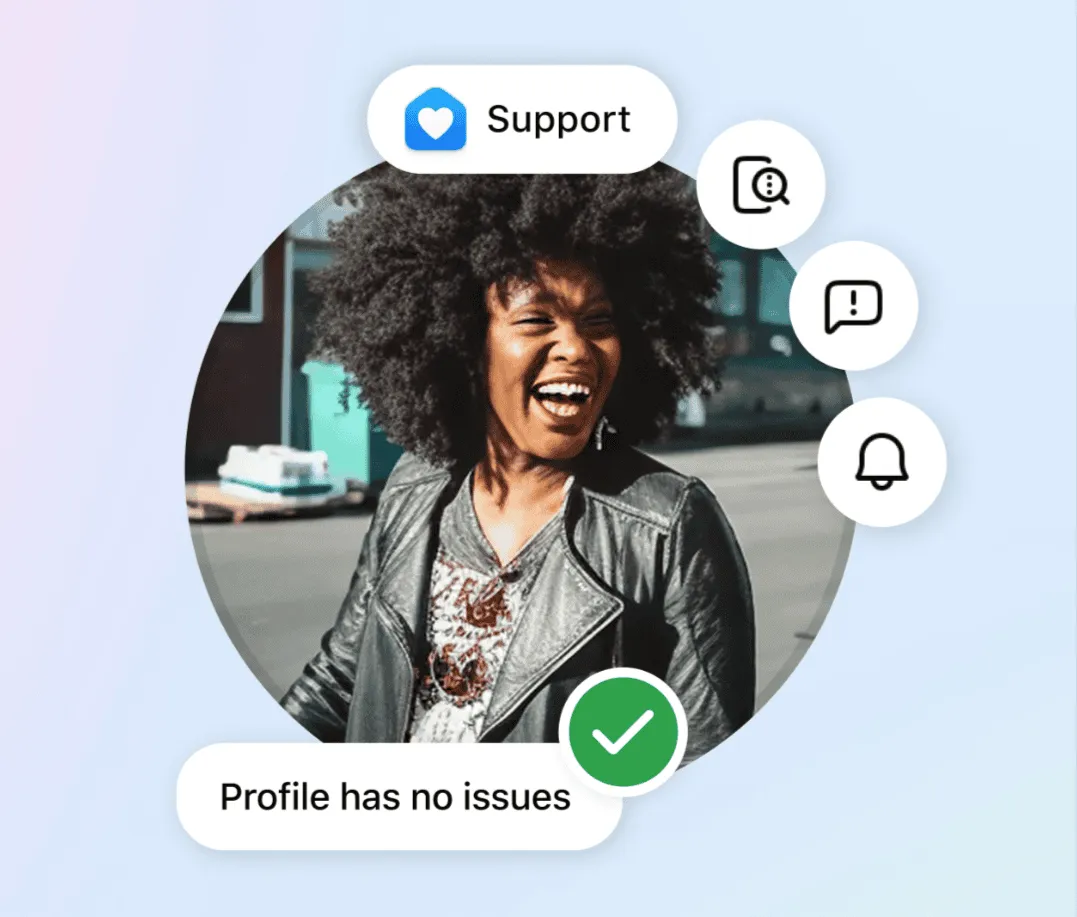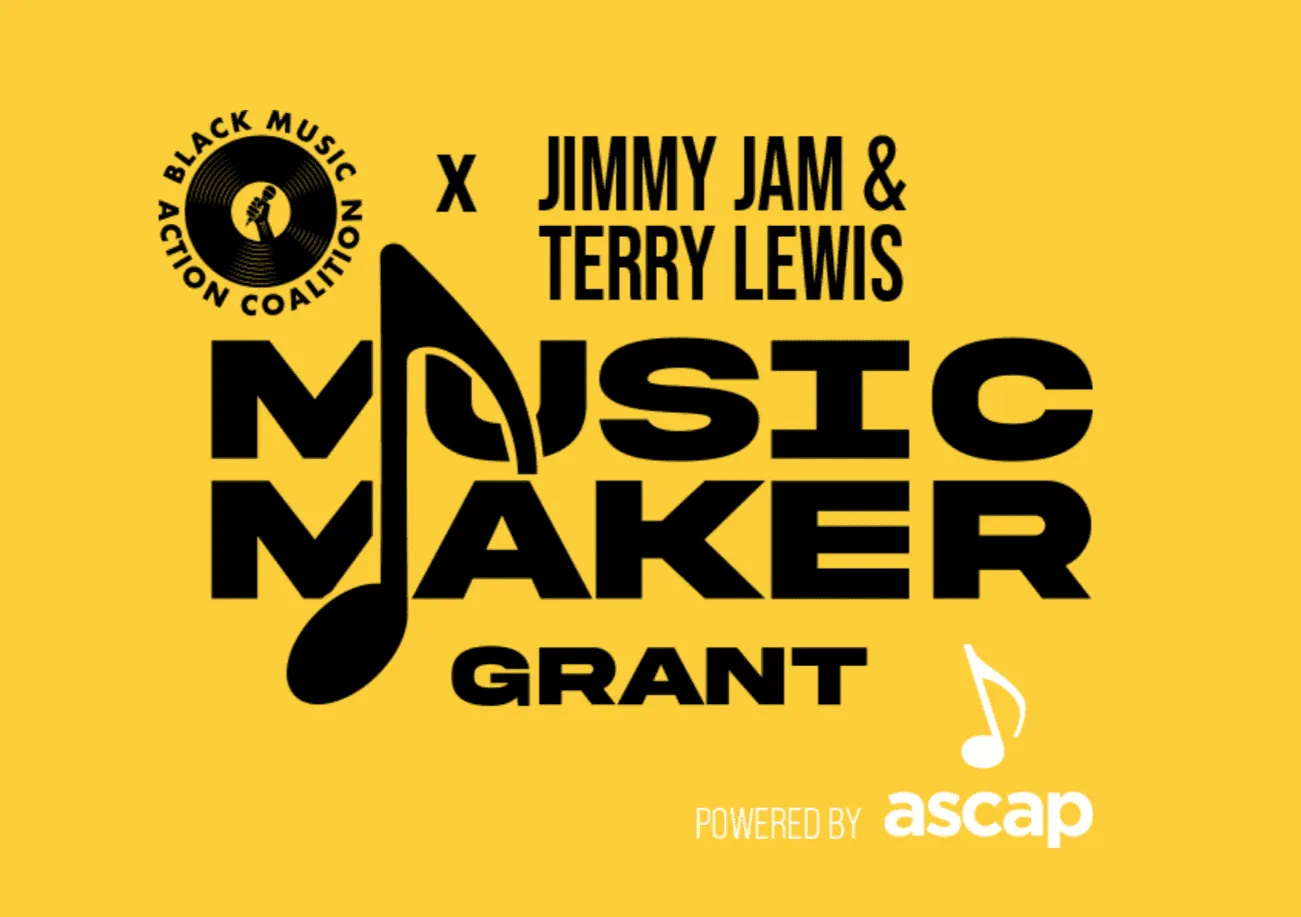
Kyle Bylin, Associate Editor
Today, I spoke with Barry Schwartz, who is the Dorwin Cartwright Professor of Social Theory and Social Action at Swarthmore College and author of the book The Paradox of Choice: Why More Is Less. After having read his further research, Can There Ever Be Too Many Flowers Blooming?, I became curious about his thoughts on The Paradoxes of Choice Overload in Culture in relation to the music industry.
Bylin: In The Paradox of Choice: Why More Is Less, you reasoned that the culture of abundance can rob us of satisfaction in relation to goods and services. Continuing onward to the decisions people face about careers, romantic relationships, religious commitments, and even personal identity.
But, when it comes to the paradoxes of choice overload in culture, you thought there were reasons to treat it as its own special domain.
Q: When exploring the paradoxes of choice overload in culture, what appears to happen when people are overloaded?
Schwartz: Here’s what we know happens when people are overloaded with choice. First, they get paralyzed into indecision, and choose nothing. Second, if they do choose, they simplify the decision, either falling back on habit or choosing on the basis of what is easiest to evaluate.
What this might mean in the case of music is either listening to the same old stuff, or relying on filters to tell you what to listen to. Notice that relying on filters makes people passive rather than active consumers. Finally, if people overcome paralysis and do choose, they get less satisfaction from their choice than they would if the choice set was smaller. In part, they spend their time thinking about how another option would have been better.
Bylin: Traditional radio enables a generalization of interests, promotes diversity to a certain degree, and creates 'known artists' between groups of people. Whereas online radio, such as Pandora or Last.fm, is fueled by recommendation engines that are designed to specialize your interests, diversify your niches, and expose you to 'unknown artists' that you may have never heard of.
Essentially, as the influence of traditional radio is being challenged by more personalized mediums, we're moving from a ‘broad casted culture' offline to a 'narrow casted culture' online. Even so, when it comes to purchasing music on Amazon or iTunes there are filters in place.
Q: What happens as we become more, if not over-reliant on these filters?
Schwartz: If you value Amazon's suggestions, or Netflix’s suggestions then you are in effect using them to be your filter—your professional shopper. They will suggest possibilities that are like things you have already purchased. Their aim is the opposite of diversity.
So the availability of culture providers like Amazon and Netflix many mean greater inter-individual diversity, but less intra-individual diversity. Each of us will shop at our own, private bookstore-within-a-bookstore. We will make less contact with literature that is different from what we already know we like than we would in the neighborhood bookstores of yesteryear, in which limited offerings made browsing feasible.
There are now so many magazines, websites, and so on narrowly tailored to particular interests that there is no need, ever, to read about something that lies outside of your existing world view.
In the music world, I’ve used Pandora periodically. What’s good about it is that I hear bands I didn’t know about. What’s bad about it is that the bands are selected to be similar to whatever band I seed the Pandora with.
Q: What implications arise when people begin listening to their personal radio stations and shopping in their own music-store-within-a-music-store?
Schwartz: Our cultural experiences will only be as diverse as the filters we use to help us select them. With all that is available to us, unmediated browsing is impossible. We are more reliant on filters than we ever were before. We couldn't go a day without them. But unless people are deliberate about the filters they use, their own cultural experiences will be anything but diverse. And based upon what I indicated above about how paralyzing unlimited choice can be, my suspicion is that in the realm of culture, the more options there are, the more driven most people will be to settle on the most choice-simplifying filters they can find.
Q: When choice gets overwhelming, how can it turn “choosers” into “pickers?”
Schwartz: Well, what I mean by the distinction is that “choosing” is an active process. You ask yourself what you’re looking for, what you like, what your goals are, and so on, and then scrutinize options until you find one that meets your goals. You might even decide that no option meets your goals and you’ll have to create your own (start a band?) “Picking” is much more passive. You lie on a couch in a stupor as the world rolls by on a conveyer belt. This is the way I watch TV when I’m really tired at the end of a long day. I’m barely conscious. Who wants to live life like this?
Bylin: Soon, each of us will be able to create our own individually tailored version of music culture. We'll be able to take mass and pop culture, filter out the noise and things we don't like, and create our own micro version of it.
Q: How does this in turn create the ultimate paradox?
Schwartz: The ultimate paradox is that the amazing cultural pluralism opened up by digital culture can lead to individual isolation (each of us in our own, exquisitely tailored cultural world), and cultural energy can lead to individual passivity. This will also threaten some of the pleasures of participating in culture, so many of which derive from being a member of a community of participants.
Perhaps worse, this explosion of choice can undermine our political life. When we don’t like something in the marketplace, we respond with “exit.” We leave the store and try another. When we don’t like something in the public sphere (our kids’ school is lousy), we give “voice” to out dissatisfaction, and in that way organize people to change what needs to be changed. The choice explosion threatens to substitute exit for voice, and in doing so, it threatens to make culture a very blunt instrument indeed for providing insight into ourselves, broadening our insight into others, and energizing us to promote social change.




